To provide the best experiences, we use technologies like cookies to store and/or access device information. Consenting to these technologies will allow us to process data such as browsing behaviour or unique IDs on this site. Not consenting or withdrawing consent, may adversely affect certain features and functions.
The technical storage or access is strictly necessary for the legitimate purpose of enabling the use of a specific service explicitly requested by the subscriber or user, or for the sole purpose of carrying out the transmission of a communication over an electronic communications network.
The technical storage or access is necessary for the legitimate purpose of storing preferences that are not requested by the subscriber or user.
The technical storage or access that is used exclusively for statistical purposes.
The technical storage or access that is used exclusively for anonymous statistical purposes. Without a subpoena, voluntary compliance on the part of your Internet Service Provider, or additional records from a third party, information stored or retrieved for this purpose alone cannot usually be used to identify you.
The technical storage or access is required to create user profiles to send advertising, or to track the user on a website or across several websites for similar marketing purposes.
 The Royal Institution of Chartered Surveyors (RICS) and the International Facility Management Association (IFMA) collaboration are to throw their weight behind an emergency initiative by Leesman, building a global pan-industry response group to the threat posed to the real estate and facilities management industries by Covid-19 and addressing the huge uptake in home working. (more…)
The Royal Institution of Chartered Surveyors (RICS) and the International Facility Management Association (IFMA) collaboration are to throw their weight behind an emergency initiative by Leesman, building a global pan-industry response group to the threat posed to the real estate and facilities management industries by Covid-19 and addressing the huge uptake in home working. (more…)






 A new study by Mercer claims the COVID-19 pandemic and subsequent uncertainty are accelerating changes in the way organisations around the world are working and will continue to work into the future. Particularly in challenging times, employers are focusing on their workforce, specifically fostering healthy lifestyles, supporting financial wellness and providing skills and training as careers change due to AI and technology developments.
A new study by Mercer claims the COVID-19 pandemic and subsequent uncertainty are accelerating changes in the way organisations around the world are working and will continue to work into the future. Particularly in challenging times, employers are focusing on their workforce, specifically fostering healthy lifestyles, supporting financial wellness and providing skills and training as careers change due to AI and technology developments. 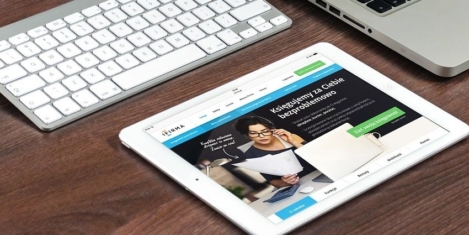
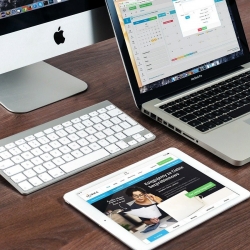 Research of product popularity and customer click out data by product comparison service,
Research of product popularity and customer click out data by product comparison service, 

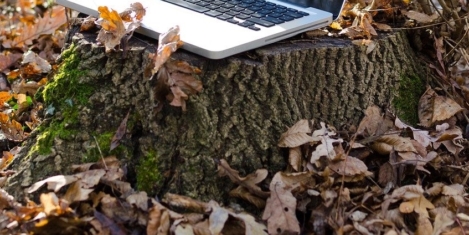
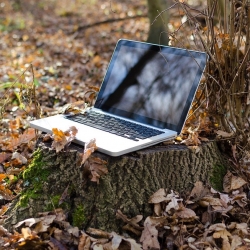 New research from
New research from 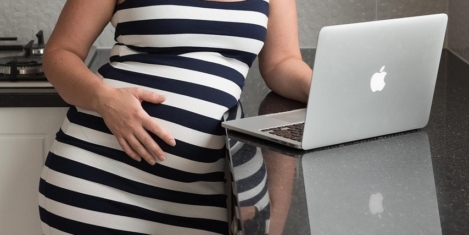
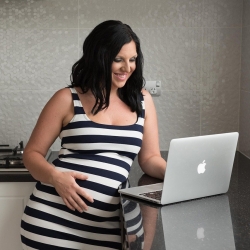 How supportive are you of your employees’ wellbeing? New research from
How supportive are you of your employees’ wellbeing? New research from 




 Working in multidisciplinary teams makes work more enjoyable and means that customers receive a better service claims new research from
Working in multidisciplinary teams makes work more enjoyable and means that customers receive a better service claims new research from 











March 26, 2020
Now is a great time to talk about staff absence in the NHS
by Ian Caminsky • Comment, Wellbeing